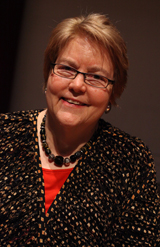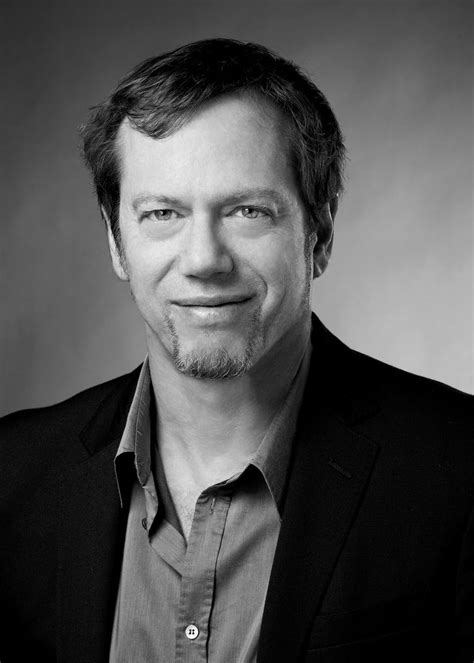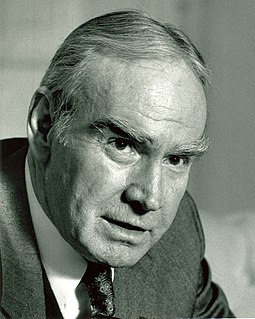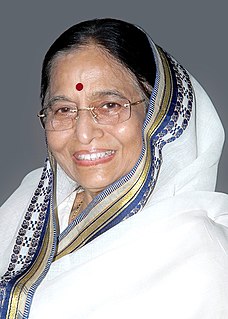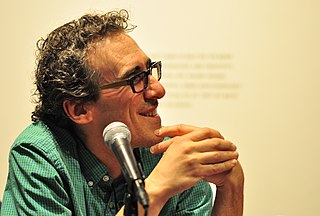A Quote by Charlotte Bunch
There is no private domain of a person's life that is not political, and there is no political issue that is not ultimately personal.
Related Quotes
Modern equalitarian societies whether democratic or authoritarian in their political forms, always base themselves on the claim that they are making life happier. Happiness thus becomes the chief political issue -- in a sense, the only political issue -- and for that reason it can never be treated as an issue at all.
Self-righteousness and presumptive moral judgments pose a great danger in the political arena. To become convinced of the divine infallibility of one's personal predilections on a secular political issue is to play God, to assume to oneself the attributes of deity. It cultivates an arrogant intolerance of dissenting viewpoints and relegates one's political adversaries to the category of evil per se.
For me, what is political is very personal. Politics are not this abstract idea. Laws are the rules that dictate how we live our lives. What we eat is political. How we dress is political. Where we live is political. All of these things are influenced by political decision-making, and it's important to be part of the process.
The adjective "political" in "political philosophy" designates not so much the subject matter as a manner of treatment; from this point of view, I say, "political philosophy" means primarily not the philosophic study of politics, but the political, or popular, treatment of philosophy, or the political introduction to philosophy the attempt to lead qualified citizens, or rather their qualified sons, from the political life to the philosophic life.
I have no political ax to grind; I just find it absurd that huge billion-dollar corporations can take over elections. I just find it insane that, for instance, we give tax breaks to people like myself making millions of dollars, while there're no tax breaks for working people. That, to me, is not a political issue, that's a life issue.
What happened on "As Cool As I Am" was, you know how in the `90s, "the personal is political, the political is personal"? That was a really big thing. Choices you made about how you recorded and what instruments you used and how much real versus how much synthetic. Those were choices that were seen as very political at the time.
